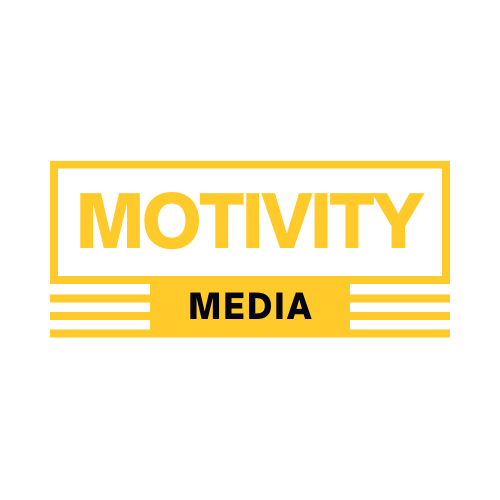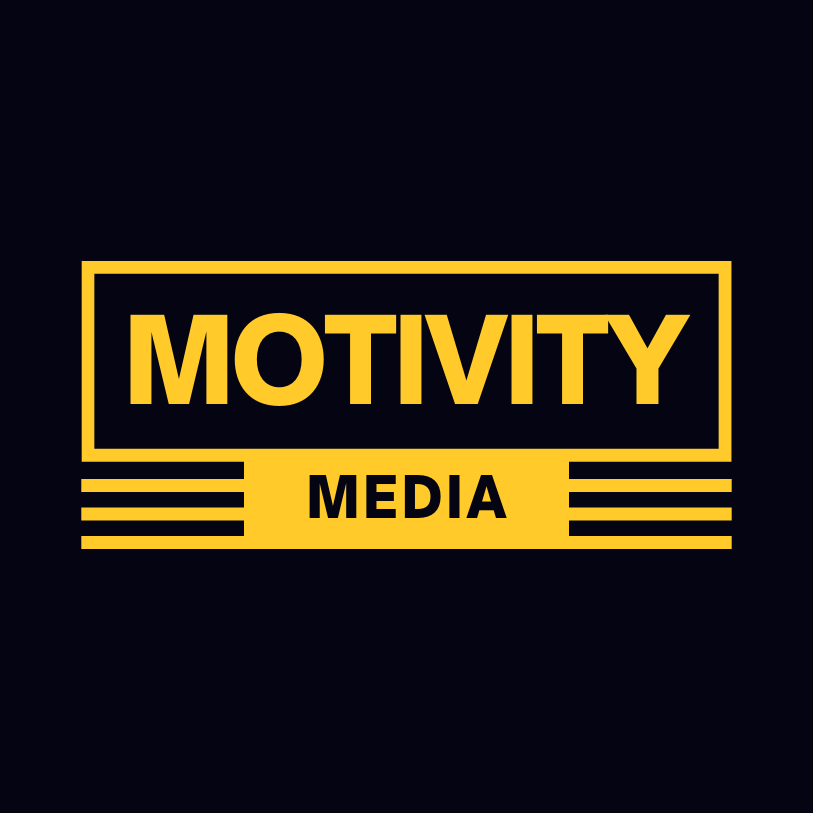The Potential is A Problem
It’s a familiar scene. You sit down to do some serious work, but your phone is on the table next to you. It is silent. It’s not interrupting you. But it is on. In the back of your mind, you know there is the potential for a call or text to break your thought at any second.
The potential of an interruption is as bad (or worse) than an actual interruption.
Many leaders focus on stopping interruptions and distractions. This is a good first step. Close your door. Put your phone away. Turn off email notifications. But there’s a deeper problem. The mere possibility of an interruption or a distraction harms your focus. It's the difference between closing a door and boarding it shut. The door has the potential to be opened if not boarded up.
Science explains why this happens. Our brains are always on the lookout for new information. We have learned (and tolerated) that interruptions are possible, or probably likely. We are on standby. The mental radar is tuned in to pick up even the slightest of distractions. The anticipation of receiving new information releases a shot of dopamine. It feels good (momentarily) to be open to the possibility of being interrupted. But it isn’t healthy. And our work suffers.
A study at Harvard University showed how this works. Researchers had participants perform a task. Some participants had their phones in the room, but they were turned off. Others had no phone. The group with phones present performed worse. Their minds were subconsciously monitoring the phone for a possible interruption.
This constant openness to the possibility of being interrupted uses up mental energy. It creates a low-level anxiety. We don’t focus on our work. We focus on the potential for interruption.
The Bible also speaks to this idea. Matthew 6:24 says, “No one can serve two masters. Either you will hate the one and love the other, or you will be devoted to the one and despise the other.” This verse is not just about money. It’s about double-mindedness. Trying to focus on work while monitoring alerts divides the brain’s power. When we anticipate the possibility of interruptions, we are serving two masters: our work and the potential for a new distraction. We cannot be fully devoted to critical thinking when the possibility of being interrupted is in mind.
So, how do you create a work environment that eliminates the potential for interruptions?
Schedule focus blocks. Tell your team and colleagues when you are working on something important. Let them know you will be unavailable for a set period. This isn't about closing your door and hoping people don't knock. This is about communicating your unavailability (and closing your door or finding a hiding place). It creates a culture where focus is a priority. People respect that. They know when to come to you and when not to.
Turn off notifications permanently. Don’t just mute your phone. Go into your settings and turn off all non-essential notifications. This includes email, social media, and news alerts. The goal is to make your phone a tool, not a potential source of distraction. The phone is for you to use when you choose to use it, not when it chooses to interrupt you.
Create "office hours" for your team. This may seem counterintuitive. But it doesn’t have to be a rigid schedule. It can be an understood expectation. For example, tell your team that you are available for questions from 10:00 am to 11:00 am and 2:00 pm to 3:00 pm. This provides people with an opportunity to have their questions answered. But it also creates a clear expectation that outside of those times, you are focused on other work (and they should be as well). This reduces those quick "got a minute?" interruptions that kill focus. Extend this “no interruption” to after hours as well. Make it clear to team members that no one should text, email, or call after business hours unless it is an emergency. Be prepared to educate the team on what constitutes a genuine emergency. This will enable the entire team to have extended periods of time where they can fully disconnect from their work, thereby improving their mental and physical well-being.
These are not quick fixes. These are shifts in how you work and how you lead. They require discipline. But they are a path to a more focused and productive work life for you and your team. It’s not just about stopping interruptions. It's about removing their potential.

